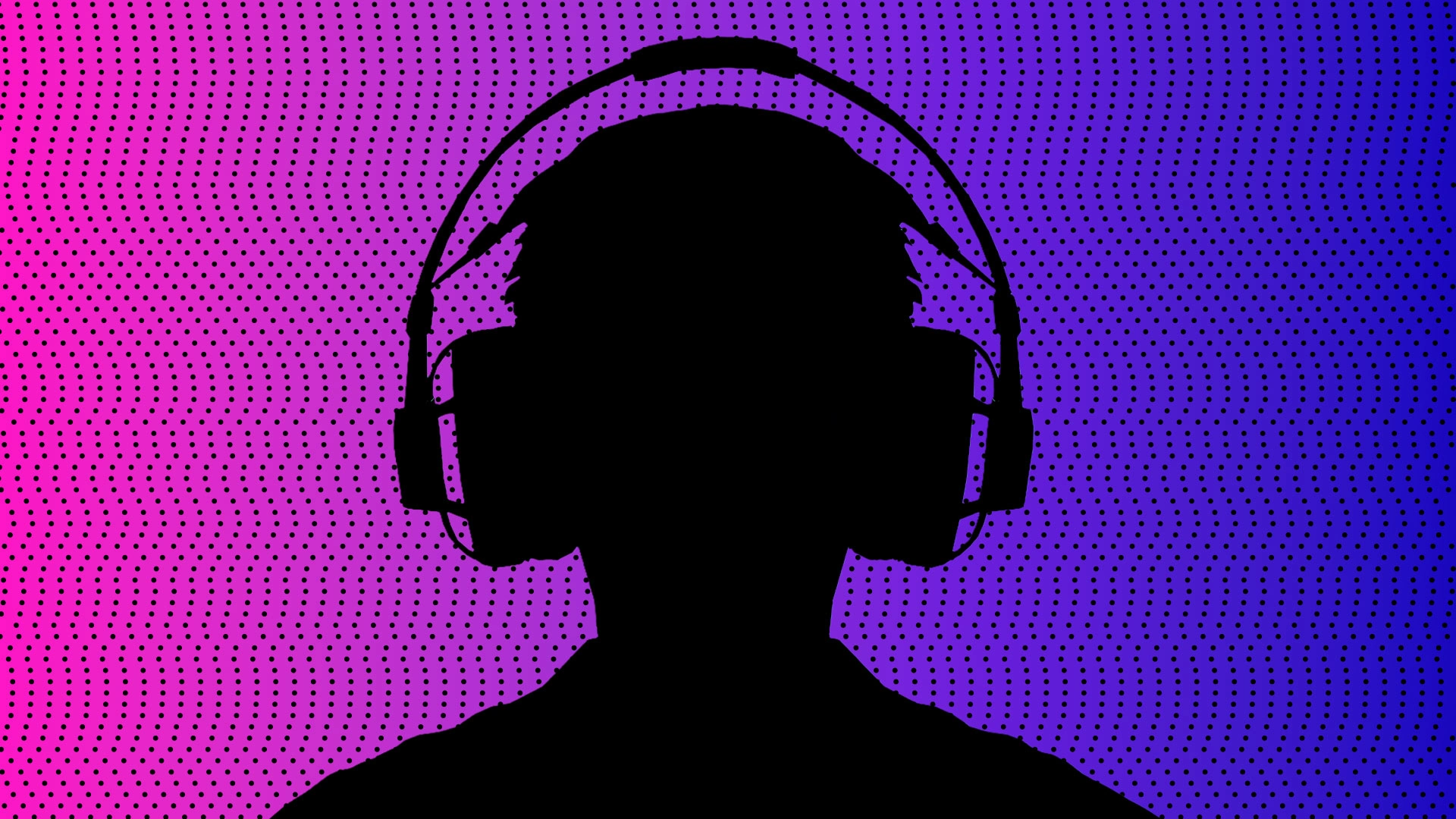Copyright Fast Company

Published in the journal Global Advances in Integrative Medicine and Health, the study looked at how to reduce stress-related symptoms in 144 healthcare workers with moderate-to-high levels of perceived stress. The healthcare workers were placed in two groups: one that received four sessions of a sound-based relaxation intervention over two weeks, and another that was put on a control group waitlist. The workers spent a little over half an hour relaxing in a zero-gravity chair with their eyes closed as closed-loop, acoustic neuromodulation technology translated their brainwaves into personalized tones in real time, the idea being that the echoed tones interact with the brain to balance and quiet itself and release stress patterns. When researchers measured the results after six-to-eight weeks, they found the participants reported meaningful reductions in stress, anxiety, and insomnia, as well as significant reductions in fatigue and depression, and improved subjective cognition. “These results suggest that closed-loop acoustic neuromodulation is a safe, scalable, and effective option to complement organizational strategies for supporting healthcare worker brain health and well-being,” said Charles H. Tegeler, M.D., professor of neurology at Wake Forest University School of Medicine and principal investigator of the study. “We are eager to identify ways to broadly offer the intervention to teammates across our health system and beyond.” What makes this different from previous studies on neuromodulation is that it streamlined the treatment process with fewer, shorter sessions, making the treatment more practical and accessible for real-world application. It also included study participants regardless of their medication or substance use.



